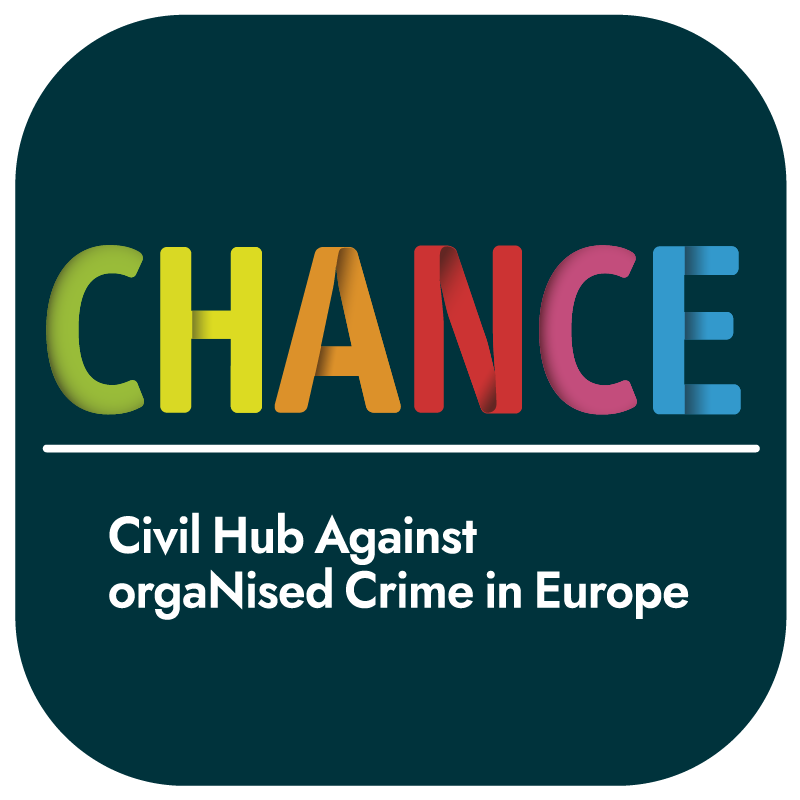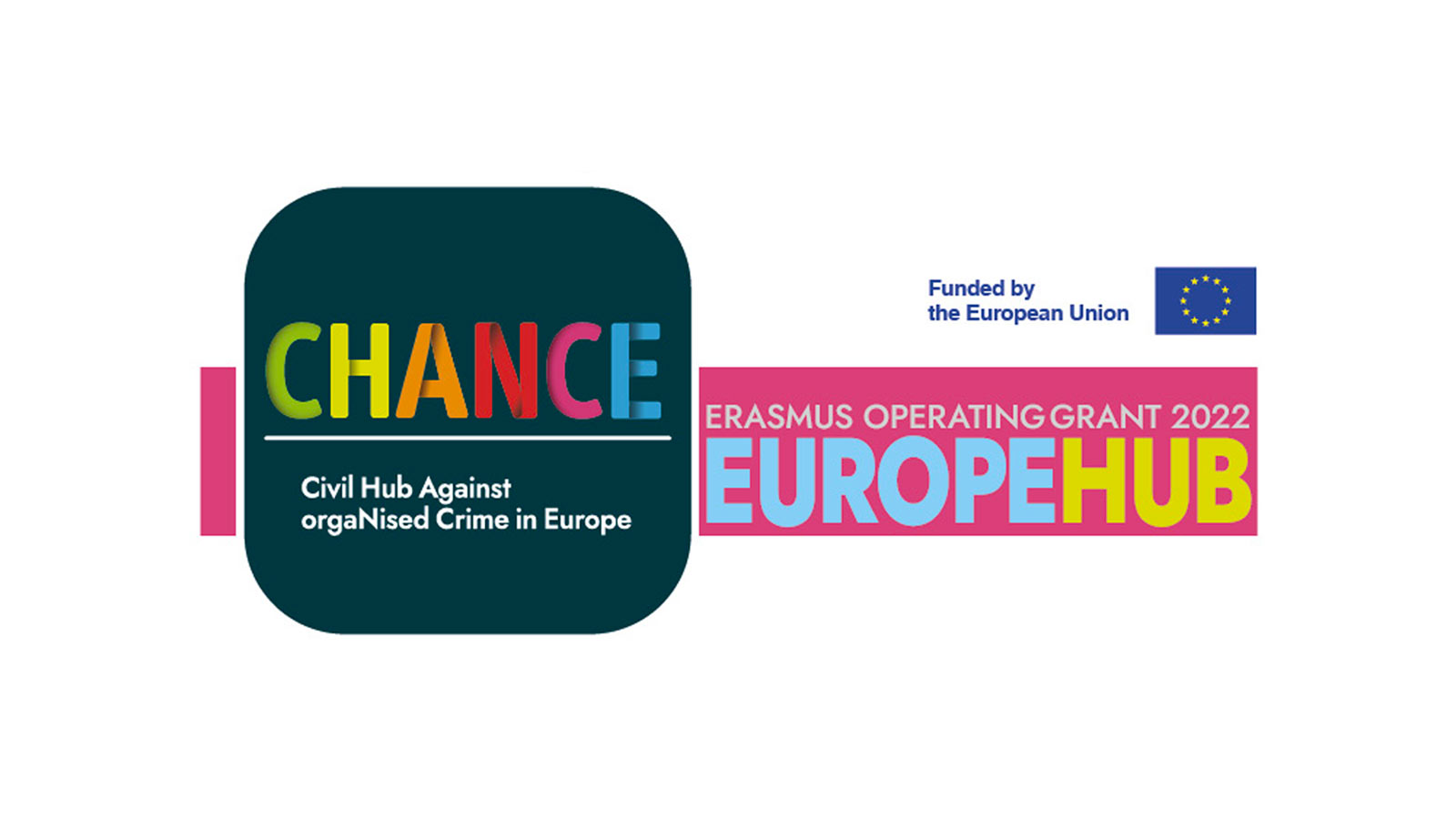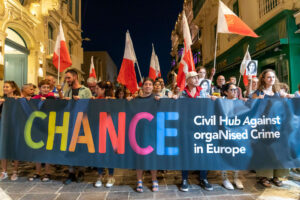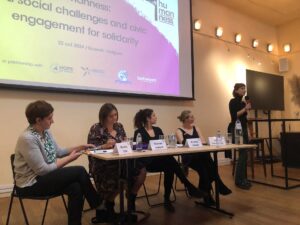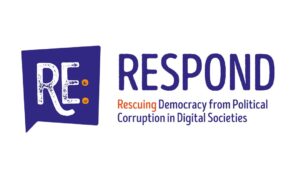On July 25 and 26, the first two days of online training were held as part of the Europe Hub project, involving all CHANCE network partner associations linked to the initiative. The two initial sessions, condensed on the day of July 25, had as their main focus a mapping of the practices of social reuse of confiscated assets on the European territory and the opportunities these can represent for young people. Thus, the first steps were taken toward the elaboration of a common strategy aimed at promoting a form of social entrepreneurship based on the reuse of these facilities.
The initial mapping phase done by the participants showed a very diverse picture. In Italy, social reuse is the first choice when it comes to deciding the fate of a seized property, but in Belgium, for example, it is preferably resold. A few examples have emerged in Albania, such as the KeBuono social bakery in Fier-already the protagonist of a nice initiative during the last March 21st – the Social Crafting Garage in Saranda or the KinFolK Coffe Library in Durres.
In Romania there has been a law on asset recovery since 2015 but there are still very few socially relevant projects, while in France a law on the social reuse of confiscated property was passed only very recently and therefore it has not been possible to gather as many examples. With regard to Germany and Portugal, it was also very difficult to retrieve information or even to get in touch with the relevant authorities. In Berlin, there is the case of 77 different properties seized from a clan, and for one of these in particular, a villa located in a neighborhood south of the city, proposals had been made for social reuse. The confiscation process, however, has not yet ended despite more than two years having passed.
Instead, in the second phase of the training, efforts were made to jointly develop a strategy to collect data on policies for young entrepreneurs active in each state.
In some cases, the definition of a young entrepreneur undergoes some important variations depending on the context, and consequently so does access to state business support tools. The choice on the main sources to draw on in order to obtain a complete picture and thus outline next steps then fell first on those provided by the European Union’s employment and entrepreneurship policies, which focus on developing skills and promoting opportunities for young people. The main references have been identified in the Eurostat website, the European Commission’s Youth Wiki page and the opportunities provided by the Erasmus for Young Entrepreneurs program, a very interesting tool because its direct contacts are both public and private entities aimed at local and regional opportunities-a dimension that is also particularly important for information retrieval for states such as Germany and Belgium, which, being federally constituted, often do not have much documentation to offer on a national scale.
So what strategies exist at the European level to enable young entrepreneurs to raise the funds they need to start a business? What mentoring figures that can support them exist? What possibilities and what difficulties are there in developing this kind of initiative outside of large urban centers? These are some of the questions that emerged during the third discussion session and that will guide the research of all the associations participating in this project in view of the upcoming meetings.
These will also take place via Zoom on the following dates and will also be open to entities outside the CHANCE network that say they are interested in the project:
September 7, at 5 PM:
Session 4: Actual involvement/participation of youth in social projects in confiscated assets and its impact on youth.
September 15, at 5 PM:
Session 5: Elaboration of a common strategy for the youth involvement in social projects and civic monitoring at EU level.
September 22, at 5 PM:
Session 6: Elaboration of a common strategy for the promotion of social entrepreneurship based on the social reuse of confiscated assets at EU level.
